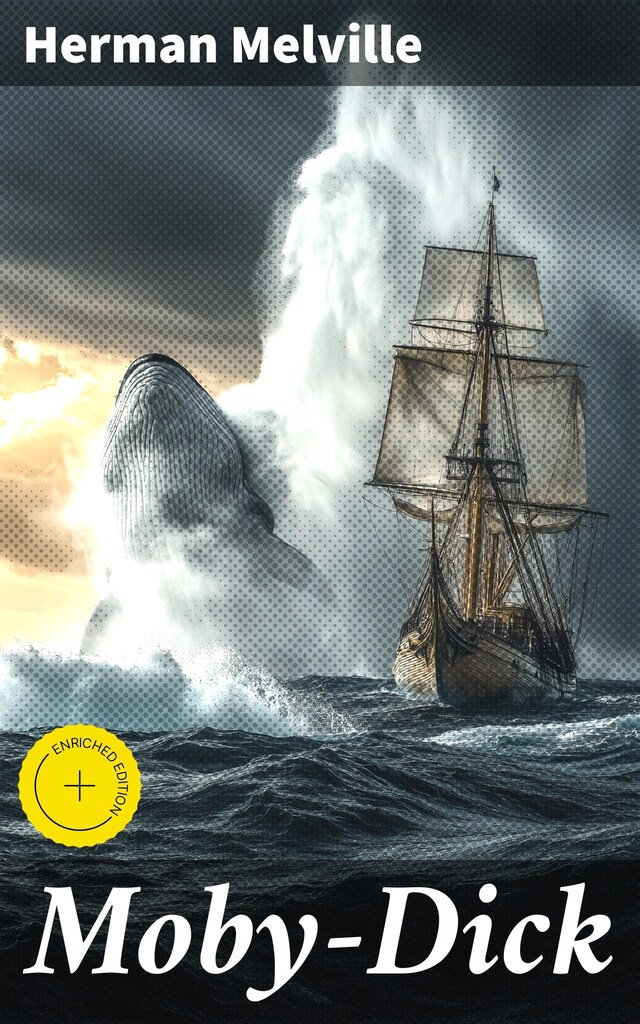Moby-Dick
Including the D. H. Lawrence's critique of Moby-Dick
Beschrijving van het boek
Herman Melville's "Moby-Dick" is a monumental work of American literature that intricately weaves existential philosophy, adventure, and the nautical life into a compelling narrative. Written in the mid-19th century, the novel employs a rich tapestry of literary styles, including allegory, symbolism, and intricate prose, articulating the obsessive quest of Captain Ahab. As he hunts the elusive white whale, Melville delves into themes of vengeance, fate, and the struggle of man against the incomprehensible forces of nature, reflecting the moral complexities that characterized the American Renaissance. Melville, born in 1819, was deeply influenced by his own experiences at sea, having sailed on whaling vessels during his youth. This firsthand knowledge of maritime life enriched the novel's authenticity and heightened its exploration of man's relationship with the natural world. Additionally, Melville was influenced by philosophical currents of the time, particularly Transcendentalism and Romanticism, which shaped his profound inquiries into the human condition, morality, and the sublime. "Moby-Dick" is essential reading for anyone intrigued by the depths of human obsession, the philosophical dimensions of existence, and the complexities of morality. Melville'Äôs masterpiece transcends mere adventure as it invites readers to ponder larger existential questions, making it a timeless exploration of humanity's struggles and aspirations.
 Herman Melville
Herman Melville 730 Pagina's
730 Pagina'sHet boek Moby-Dick en meer dan 1 miljoen andere boeken
vanaf € 8,99/maand
Verrijk je leven met verhalen
